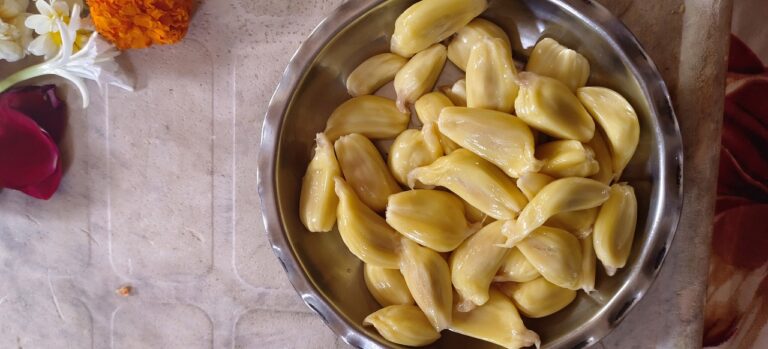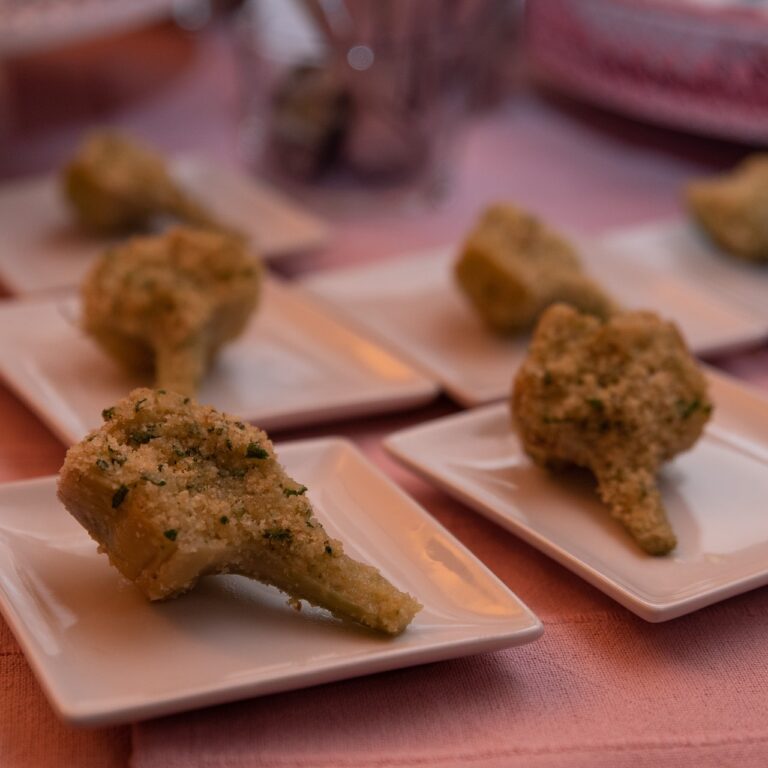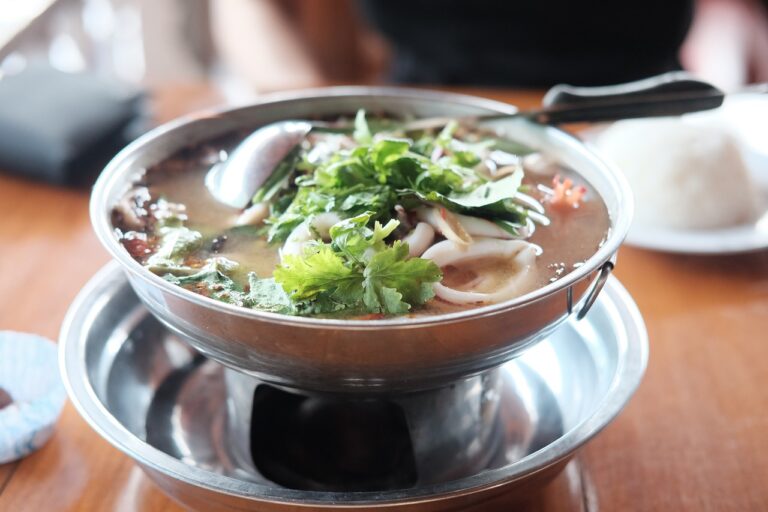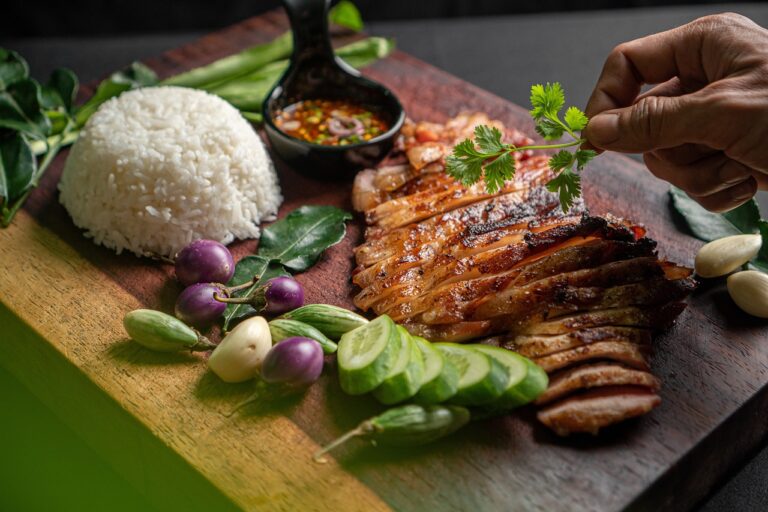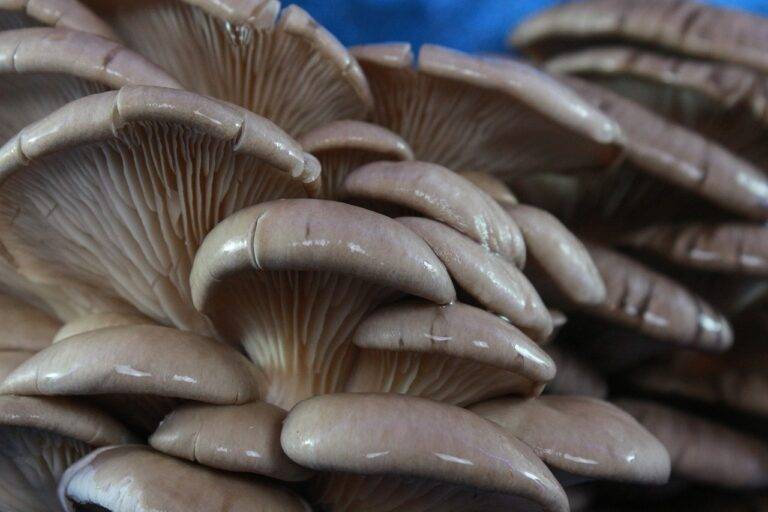Food and Identity: How Cultural Background Influences Dietary Choices.
Cultural traditions play a significant role in shaping cooking styles around the world. These traditions are deeply rooted in history and are passed down from generation to generation, influencing the way people prepare and consume food. From the spices and ingredients used to the cooking techniques employed, cultural traditions have a profound impact on the flavors and textures of dishes.
In many cultures, cooking is not just a means of sustenance but a way of preserving heritage and expressing identity. Each dish tells a story, reflecting the values, beliefs, and celebrations of a community. By understanding the cultural traditions behind cooking styles, we gain a deeper appreciation for the diversity and richness of culinary practices across different societies.
The Role of Family in Shaping Food Preferences
Food preferences are often deeply rooted in the family dynamics of an individual. From a young age, children observe and learn about various foods through their family’s choices and traditions. The foods regularly prepared and consumed at home play a crucial role in shaping a person’s palate and preferences for certain flavors or ingredients.
Moreover, family meals serve not only as a means of sustenance but also as a way to bond and connect with loved ones. The act of sharing a meal together fosters a sense of unity and belonging within the family unit. This communal aspect of dining can influence food preferences as individuals associate particular dishes with feelings of comfort, love, and togetherness.
• Family meals serve as a means of bonding and connecting with loved ones
• Sharing a meal fosters unity and belonging within the family unit
• Communal dining experiences can influence food preferences through associations with comfort and togetherness
In addition to the emotional connections formed around food, family members also directly impact each other’s food choices through their own eating habits. Children often model their parents’ behaviors when it comes to selecting foods, leading them to develop similar preferences over time. This modeling effect extends beyond just parents, as siblings, grandparents, or other relatives can also influence what foods are considered familiar or desirable within the family.
Furthermore, families may have cultural or traditional practices related to food that shape individuals’ tastes and preferences. Recipes passed down through generations or special dishes prepared for holidays can create strong ties between certain foods and familial identity. These traditions not only provide a sense of heritage but also contribute to an individual’s overall culinary repertoire.
• Family members influence each other’s food choices through modeling behaviors
• Cultural practices related to food can shape individuals’ tastes and preferences
• Traditional recipes and holiday dishes create strong ties between certain foods and familial identity
Celebratory Foods and their Cultural Significance
Celebratory foods hold a significant place in every culture, signifying important milestones and traditions. These special dishes are often prepared with meticulous care and attention to detail, handed down through generations as precious heirlooms of culinary heritage. From the intricate spices of Indian biryani to the red bean paste in Japanese mochi, celebratory foods encapsulate the essence of a culture’s values and history, making them more than just a meal but a reflection of shared identity and community.
The preparation and consumption of celebratory foods also serve as a powerful means of connecting individuals with their roots and evoking nostalgia for cherished memories. Whether it’s the communal gathering around a steaming pot of Mexican pozole during Dia de los Muertos or the joyous sharing of mooncakes during the Mid-Autumn Festival in China, these dishes are imbued with emotional resonance that transcend mere sustenance. Through the act of preparing and savoring celebratory foods, people reaffirm their cultural pride and celebrate the bonds that unite them with their ancestors and fellow community members.
How do cultural traditions influence cooking styles?
Cultural traditions play a significant role in shaping cooking styles by determining the ingredients, techniques, and flavor profiles that are commonly used in a particular cuisine.
In what ways does family influence food preferences?
Families often pass down recipes and cooking techniques from generation to generation, shaping the food preferences of individuals based on the dishes they grew up eating.
What is the significance of celebratory foods in different cultures?
Celebratory foods hold a special significance in different cultures as they are often prepared for special occasions such as weddings, holidays, and festivals, symbolizing unity, heritage, and tradition.


